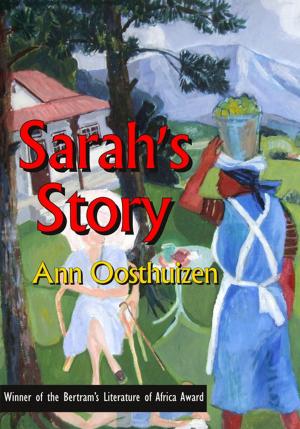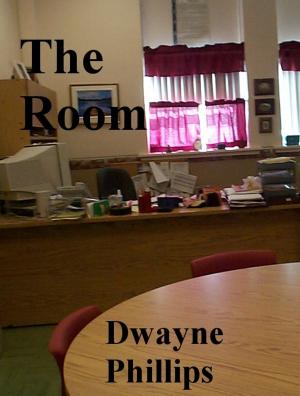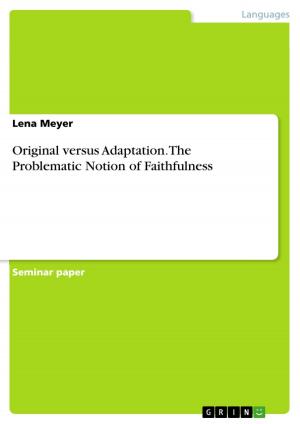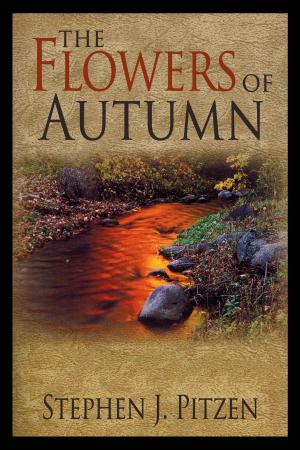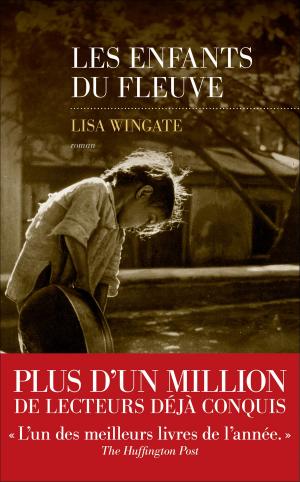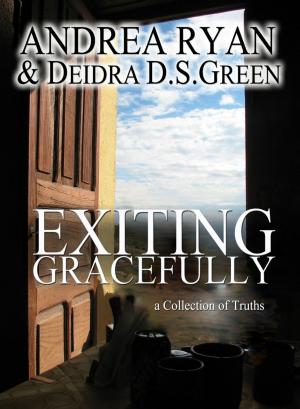| Author: | Robert Jordan | ISBN: | 9780992489014 |
| Publisher: | Currency House | Publication: | January 7, 2014 |
| Imprint: | Language: | English |
| Author: | Robert Jordan |
| ISBN: | 9780992489014 |
| Publisher: | Currency House |
| Publication: | January 7, 2014 |
| Imprint: | |
| Language: | English |
The first forty years of European theatre in Australia have never until now been the subject of intensive inquiry. Robert Jordan brings to life in brilliant form the shadowy figures that created the colony's first entertainment. Fascinatingly, these theatres were not, as had been thought, the initiative of soldiers and settlers nostalgic for home but of hard-living convicts serving time at the end of the world.Here is a society creating its own rules, its own class system based on enterprise and exploitation. The book analyses the impact on the theatres of the convicts' tastes and origins, the temperaments of powerful individuals and the shifting views of penal servitude. As the centres of power changed, the theatres quickly became fields in which battles for supremacy were fought: between convicts and authority and between friends and enemies of the participants.Robert Jordan combed through British and colonial newspapers, official and private correspondence, court records, statistics and logbooks to uncover these stories. He reveals previously unknown theatre ventures and greatly extends our knowledge of others, notably Robert Sidaway's Sydney theatre and the Emu plains and Norfolk Island playhouses. In the process we come to know a gallery of colourful characters, from Sara McCann, London madam and comforter of a royal duke, to James Lawrence, cardsharp, standover man, thief, liar and professional actor.A substantial appendix provides biographies of the 42 convicts and soldiers known to have been active in the theatres before 1800.
The first forty years of European theatre in Australia have never until now been the subject of intensive inquiry. Robert Jordan brings to life in brilliant form the shadowy figures that created the colony's first entertainment. Fascinatingly, these theatres were not, as had been thought, the initiative of soldiers and settlers nostalgic for home but of hard-living convicts serving time at the end of the world.Here is a society creating its own rules, its own class system based on enterprise and exploitation. The book analyses the impact on the theatres of the convicts' tastes and origins, the temperaments of powerful individuals and the shifting views of penal servitude. As the centres of power changed, the theatres quickly became fields in which battles for supremacy were fought: between convicts and authority and between friends and enemies of the participants.Robert Jordan combed through British and colonial newspapers, official and private correspondence, court records, statistics and logbooks to uncover these stories. He reveals previously unknown theatre ventures and greatly extends our knowledge of others, notably Robert Sidaway's Sydney theatre and the Emu plains and Norfolk Island playhouses. In the process we come to know a gallery of colourful characters, from Sara McCann, London madam and comforter of a royal duke, to James Lawrence, cardsharp, standover man, thief, liar and professional actor.A substantial appendix provides biographies of the 42 convicts and soldiers known to have been active in the theatres before 1800.


